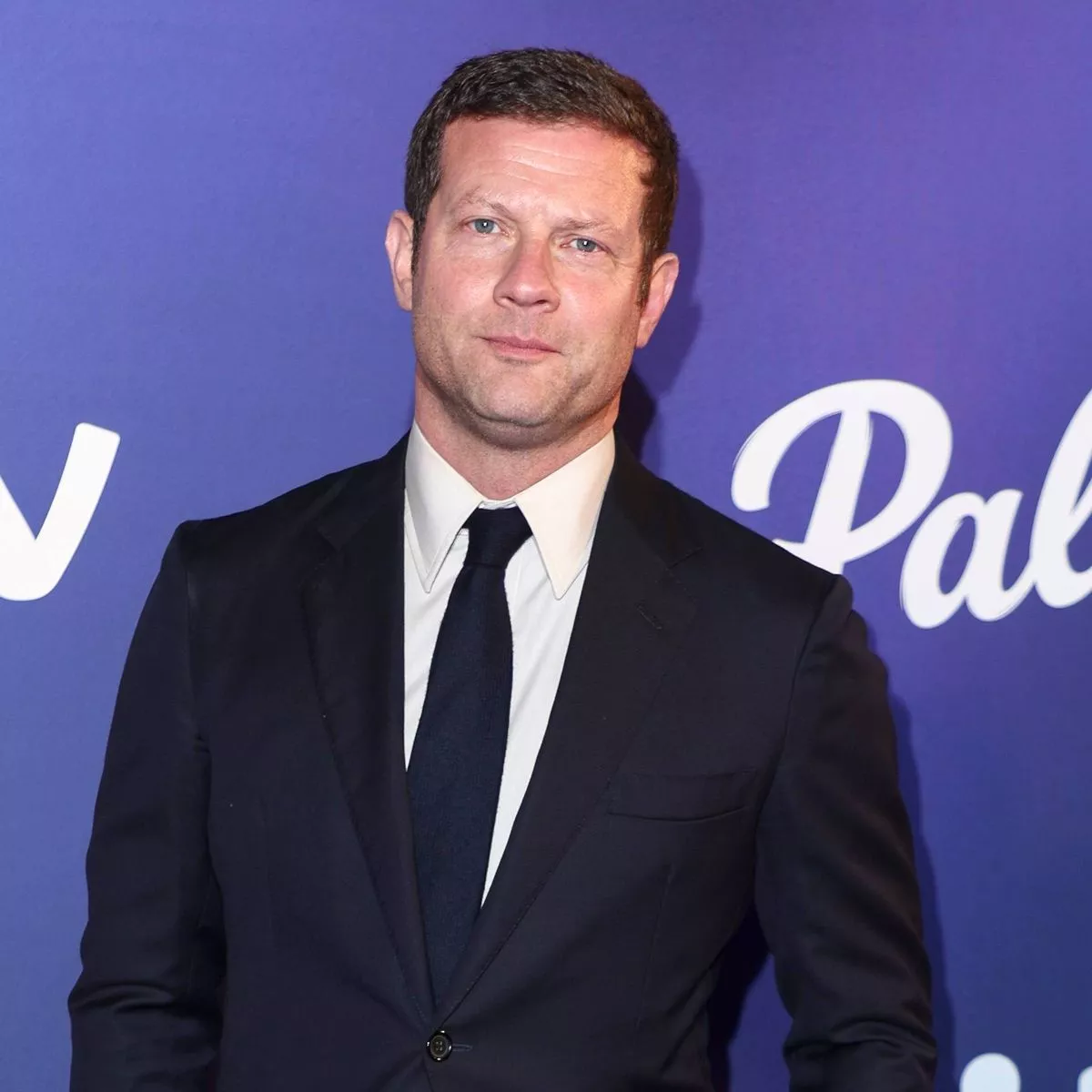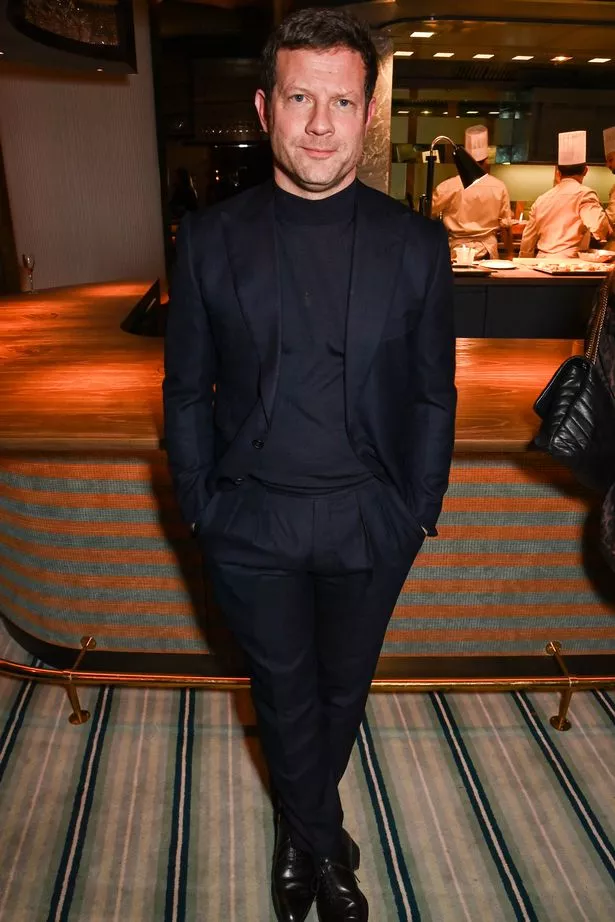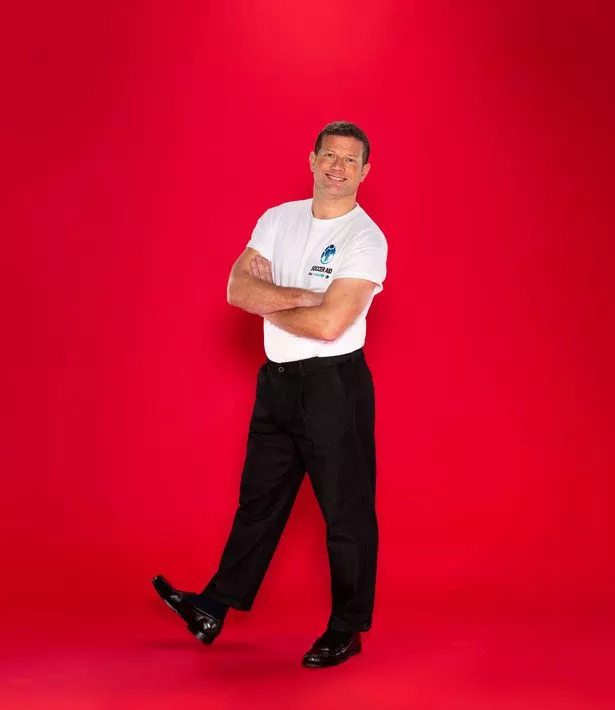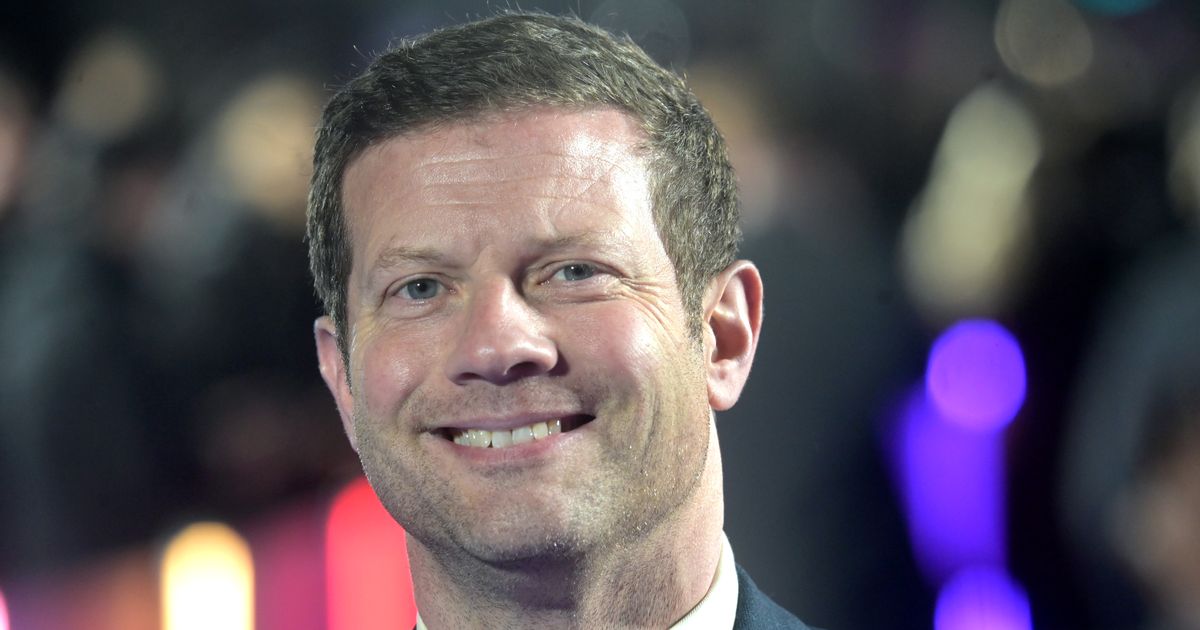Soccer Aid host Dermot O’Leary left ‘traumatised’ after being branded ‘awful’
Dermot O’Leary, the beloved presenter known for his roles on *Soccer Aid* and *This Morning*, recently found himself at the center of an unexpected and unsettling encounter. While making his way to a restaurant in London to meet friends, O’Leary was approached by an outspoken woman who openly criticized his work, declaring that his television show was “awful.” This blunt remark left O’Leary feeling “traumatized,” and he recounted the incident with a mix of disbelief and humor.
A Humorous Yet Disturbing Encounter
The encounter unfolded on the *Off Menu* podcast, where Dermot shared the details of his interaction with the woman. After confirming his identity as a television host, he was met with her abrupt claim that his show was “terrible.” The unexpected critique took him by surprise, prompting him to walk away from the interaction, as he grappled with the shock of such a candid remark from a stranger.
O’Leary’s experience reflects the reality that many public figures face — not everyone appreciates their work, and some individuals feel compelled to share their unfiltered opinions, regardless of the impact on the person targeted. This incident not only surprised Dermot but also highlighted how vulnerable one can feel in the public eye.
Friendship and Shared Experiences
When Dermot’s friends arrived at the restaurant later, he learned that they too had felt the brunt of the woman’s blunt criticism. They shared a similar experience, with the woman downplaying their achievements in television as well. This collective encounter serves to emphasize how varied public reactions can be towards recognized personalities. While O’Leary is a familiar face to audiences across the UK, not everyone shares the same admiration, which can be difficult for someone in the public eye to navigate.
A Spotlight on Personal Struggles
In addition to recounting this shocking experience, Dermot O’Leary has been candid about his personal health struggles, specifically his battle with temporomandibular joint (TMJ) disorder. This painful condition, which affects the jaw joint, had been a source of discomfort for O’Leary until he finally sought medical attention when the pain became unbearable. His openness about this issue resonates with many who may be facing similar struggles, and it serves as a reminder that even those who appear confident and successful may also be dealing with their own challenges.
O’Leary’s willingness to share both his encounters with critics and his health issues paints a picture of resilience. He embodies the idea that despite facing adversity, whether through public criticism or personal health obstacles, one can still move forward with grace and humor. His experience not only entertains but also encourages those facing their own challenges to speak out and seek help when needed.
Conclusion

Dermot O’Leary’s unexpected encounter serves as a reminder of the diverse opinions about public figures and the impact of unsolicited criticism. His resilience in the face of such moments, combined with his candid discussions about personal health challenges, encourages open conversations about both criticism and well-being. For those navigating their own difficulties, Dermot’s story offers hope and a lesson in embracing vulnerability. If you’re looking for more inspiring stories or tips on dealing with public scrutiny, stay tuned for more updates and insights!




